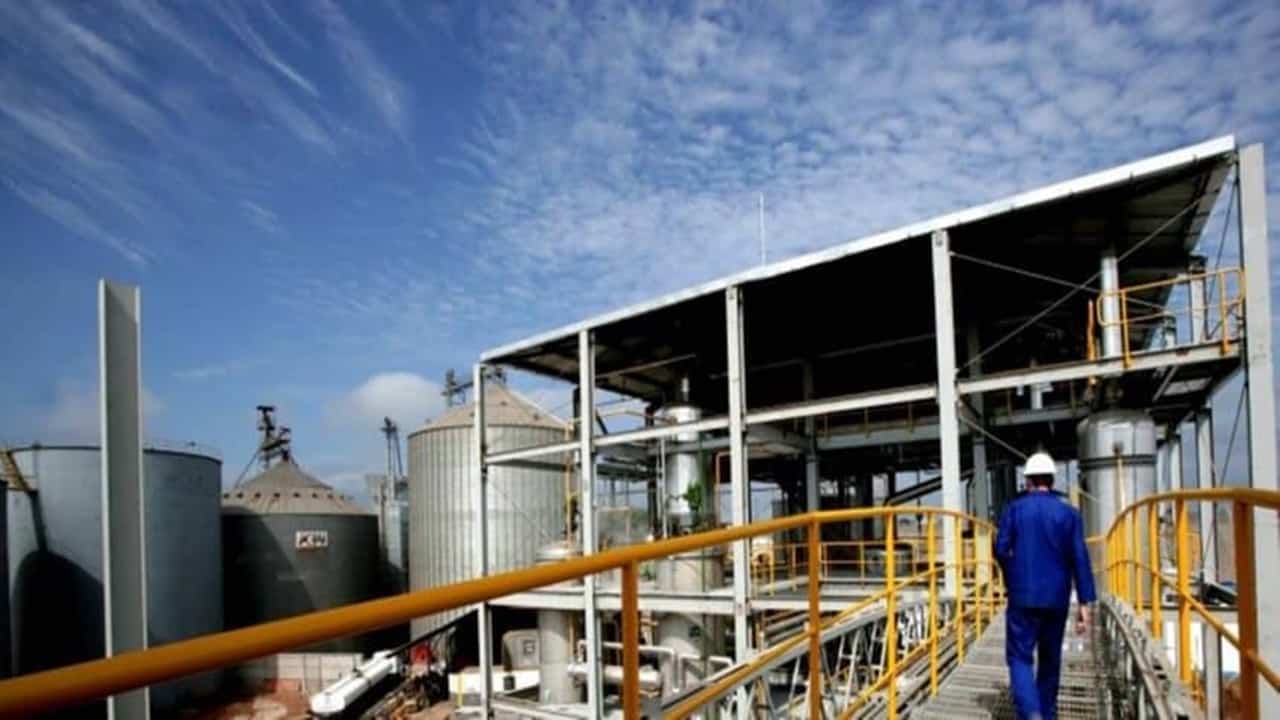
Sale of ethanol by mill owners directly to gas stations could become the 'solution' to contain and curb the rise in gasoline prices
It was approved by the Senate, last Wednesday (8/12), by 71 votes in favor and none against, the permission for the direct sale of ethanol from the plants – without going through the distributors, to the gas stations. Now, Provisional Measure 1.063/2021 is being sanctioned by President Jair Bolsonaro (PL). The new MP can curb the increase in the price of gasoline and diesel, and ease the pockets of Brazilians.
Read also
- After loyalty to the flag at service stations was released, the ANP authorized yesterday (04/11) the sale of gasoline and ethanol via delivery; measure can reduce the price of fuel and ease the consumer's pocket
- Bill that promotes changes in the gasoline and diesel fuel price policy practiced by Petrobras and taxes oil exports will be voted on next Tuesday (07/12)
- To ease the pocket with the skyrocketing in the price of gasoline, ethanol, diesel and CNG, consumers turn to the Kit on the internet that promises a car powered by water with an initial value of less than R$ 200
- Brazilians rush to buy gasoline for half the price and fuel is limited to 15 liters to avoid shortages in Porto Iguaçu – Argentina
Currently, ethanol taxation is done in two stages: part in production, another in distribution. The text expected to be edited by the Government, still in May, should both equate the tax feasibility of direct sales, and put it into legislation, preventing the issue from being addressed again through a resolution by the National Agency of Petroleum, Natural Gas and Biofuels (ANP), with more volatile effects than in a law.
Pros and cons; Doubts and speculations about the direct sale of ethanol
Many doubts and speculations about the consequences and benefits of the direct sale of ethanol are still happening.
The MP changed the PIS/Cofins collection system. If the importer acts as a distributor, or if the retailer performs the import, they will have to pay the PIS/Cofins rates due by the producer/importer and the distributor.
As for anhydrous ethanol, the exemption of these taxes for the distributor ends, who will pay 1,5% of PIS and 6,9% of Cofins. The decision mainly affects the imported product.
For the National Agency of Petroleum, Gas and Biofuel (ANP), the “linked distributor” should be created, that is, a distributor controlled by the mill owners, with simplified requirements, but authorized only to sell hydrous ethanol from the linked mills.
The Legal Combustível Institute (ICL), which works to combat the irregular market, argues that the solution lies in tax simplification, which would allow a single phase, with the payment of the tax at origin, in the form of an “ad rem” tax (R$ /liter) and with a single rate among the states, thus avoiding tax asymmetry and lack of control in inspection.
With the direct sale of plants to gas stations, the government proposes to apply the single-phase tax to producers only in these cases, so that there is no loss of tax revenue. For other fuels, such as gasoline and diesel, federal taxation is already single-phase and focuses on refineries.
Direct sales from plants will stimulate competitiveness with gasoline
It is still not possible to know exactly how much impact the direct sale of ethanol would generate on the price of biofuel in Brazil, since there is a lot of dependence on industrial logistics in each state. However, a study by Esalq-Log, in 2019, showed that the average cost of transporting ethanol in the state of São Paulo would drop by around 30% with direct sales.
There are also estimates that the concentration of production and distribution margins in the producer and increased competition between mill owners and distributors in the supply of fuel in the market could reduce prices of hydrous ethanol for the final consumer by up to 20 cents per liter.
“The big gain is the appreciation of renewable fuel. It will be more competitive compared to fossil fuel, gasoline, and it will be more appetizing for the consumer to fill up”, points out Sévero.
After fidelity to the flag at gas stations was released, the ANP yesterday also authorized the sale of gasoline and ethanol via delivery
After to be approved on August 11th for the direct sale of ethanol and the end of brand loyalty at gas stations, that is, which allows gas stations that display brands from a specific distributor to sell fuels from other suppliers, as long as the consumer is informed, the time has come for the much-promised sale of gasoline and ethanol via delivery to be released by the National Biofuel Agency, the ANP. Taken together, measures can become the 'solution' to contain and curb the rise in gasoline prices, and relieve consumers' pockets.
With this, the stations will be able to deliver regular gasoline or ethanol at home. The measure, however, enters into force 180 days after the publication of the resolution in the Official Gazette. Read the full article here.
Raízen, from the Shell Group, wants to build three plants producing ethanol made from sugarcane bagasse and straw
Raízen, the giant global producer of ethanol, together with Shell, intends to build three more cellulosic ethanol plants – or second generation. The good news was announced by businessman Rubens Ometto, from Cosan, on 15/03.
The technology for producing cellulosic ethanol emerged from a partnership between Shell and the Canadian company Logen, specialized in biotechnology. In the past harvest (2019/20), the Piracicaba unit produced 226 liters of ethanol for each ton of dry biomass.









